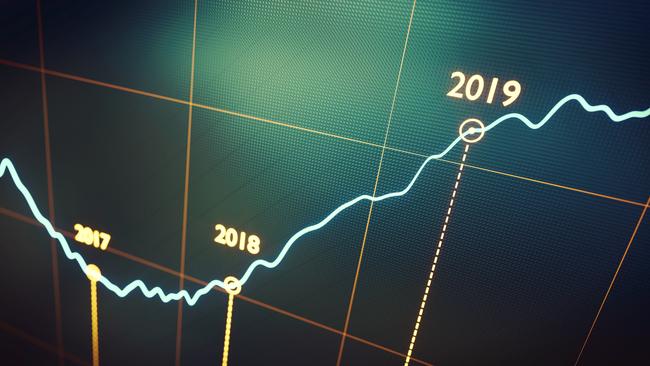
With the banks and AMP currently trailing the wider market because of corporate governance breaches, the nation’s largest investment bank, Macquarie, has given a strong recommendation to stocks that score highly on Environmental, Social and Governance (ESG) issues, suggesting Australia’s leading stocks such as CSL and Magellan Financial Group will easily beat all rivals when it comes to broader financial performance.
READ MORE: ESG could paralyse boards | Take big stick to banks: Swan | ESG: How the generations invest | ESG, coming ready or not | Proof moral capitalism is now mainstream
The investment bank says it is the “G’ in ESG which really matters, as so-called governance issues push the best companies higher and severely punish companies that fail.
As the best performing stock in terms of ESG can command an annual outperformance of 4 per cent, Macquarie says three large cap companies dropped to the bottom of the ESG lists this year on governance issues:
- Westpac for its money laundering scandal,
- Link Administration Holdings, which was entangled in the fallout from the Woodford fund management failure in the UK and
- Woolworths, which has been caught in “salary underpayment issues”
But it is the banking sector which really pays highly for ESG failings identified in the survey. Already this year, the banks have been the poorest performer among leading sectors on the ASX, with the banking index moving higher by just 2 per cent as the wider market is 10 times stronger, showing a 22 per cent return.
Banks generally performed very badly across Macquarie’s ESG scores. All of the big four banks – ANZ, CBA, NAB and Westpac – are in the lowest quintile of Macquarie scores, along with the main regional banks, Bendigo and Adelaide Bank, and Bank of Queensland.
The worst-performing of all top 100 stocks is AMP Ltd, which had its reputation shredded in the Hayne banking royal commission.
The Macquarie survey, run since 2011, covers 271 companies, which represents around 87 per cent of the wider market in terms of market capitalisation.
A wide selection of leading blue chips in unrelated industries scored high in the survey.
Among the leading performers were Amcor, Car Sales, Nine Entertainment, Qantas and Seek.
The lack of uniformity in terms of business activity in ESG scoring presents a strong opportunity for stocks in the same sector to distinguish themselves says Macquarie, citing the contrasting fortunes of JB Hi Fi, which came in the second quintile against Harvey Norman, which was in the fifth (lowest) quintile.
“Macquarie’s ESG scores can be used as a screen for improving selectivity of both outperforming and underperforming stocks,” said the bank in a report by Anita Stanley and Linda Carlanita.
Additionally, the nature of top performing ESG companies has widened substantially to include a range of players in the mining and materials sector.
Many analysts had originally worked on the premise that ESG stocks did well when mining was underperforming, but that theme no longer stands. A string of miners dominate the list, including iron ore miner, Fortescue Metals Group, and copper miners, Oz Minerals and Sandfire Resources.
Among the very best performers, Melbourne-based blood products group CSL, led by Paul Perrault, topped the first quintile in the survey. The CSL share price this year is up 54 per cent.
Separately, the recent Responsible Investment Benchmark Report for 2019 shows that when measuring the proportion of sustainable investing relative to total managed assets over the five years to 2018, Australia scored 63 per cent compared to the US, which was much lower at 26 per cent.




It’s official. The best-behaved stocks are also the best performers in the market, while rule breakers – such as the leading banks – pay a heavy price.